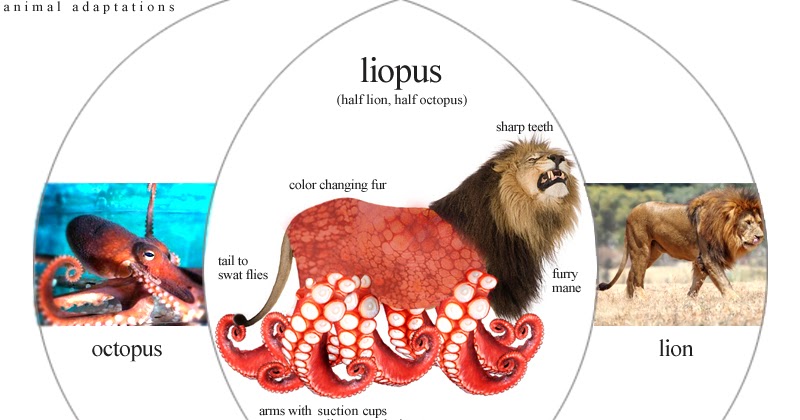![[Guide]How To Remove Your Fake\/Hacked Facebook Profiles\/Pages Via Facebook Imposer | Earn Online ...](https://1.bp.blogspot.com/-H3MY8jZnLxM/TtPu3n9KBjI/AAAAAAAAA0E/IU7yNYP8rnc/s1600/fakeid.jpg) What are site cookies? Internet site cookies are online surveillance tools, and the industrial and corporate entities that utilize them would choose people not check out those notices too carefully. Individuals who do check out the notices carefully will find that they have the alternative to say no to some or all cookies.
What are site cookies? Internet site cookies are online surveillance tools, and the industrial and corporate entities that utilize them would choose people not check out those notices too carefully. Individuals who do check out the notices carefully will find that they have the alternative to say no to some or all cookies.
The issue is, without cautious attention those notifications become an annoyance and a subtle reminder that your online activity can be tracked. As a scientist who studies online security, I’ve discovered that stopping working to check out the alerts completely can cause unfavorable feelings and impact what people do online.
How cookies work
 Internet browser cookies are not new. They were established in 1994 by a Netscape developer in order to enhance searching experiences by exchanging users’ data with specific website or blogs. These small text files permitted sites to keep in mind your passwords for simpler logins and keep items in your virtual shopping cart for later purchases.
Internet browser cookies are not new. They were established in 1994 by a Netscape developer in order to enhance searching experiences by exchanging users’ data with specific website or blogs. These small text files permitted sites to keep in mind your passwords for simpler logins and keep items in your virtual shopping cart for later purchases.
Over the previous three years, cookies have actually progressed to track users across gadgets and internet sites. This is how products in your Amazon shopping cart on your phone can be used to customize the ads you see on Hulu and Twitter on your laptop. One study found that 35 of 50 popular sites use website cookies illegally.
European guidelines require internet sites to get your consent prior to utilizing cookies. You can prevent this type of third-party tracking with internet site cookies by carefully checking out platforms’ privacy policies and pulling out of cookies, however individuals normally aren’t doing that.
Are You Embarrassed By Your Online Privacy With Fake ID Skills? Here’s What To Do
One study discovered that, usually, internet users spend simply 13 seconds reading a website or blog’s terms of service declarations prior to they consent to cookies and other outrageous terms, such as, as the study consisted of, exchanging their first-born child for service on the platform.
Friction is a technique used to slow down internet users, either to preserve governmental control or decrease consumer service loads. Friction involves building aggravating experiences into online site and app style so that users who are trying to prevent monitoring or censorship become so inconvenienced that they ultimately give up.
My newest research looked for to understand how site cookie alerts are utilized in the U.S. to produce friction and influence user behavior. To do this research study, I looked to the concept of meaningless compliance, a concept made infamous by Yale psychologist Stanley Milgram.
Milgram’s research study demonstrated that people typically grant a request by authority without first deliberating on whether it’s the ideal thing to do. In a much more regular case, I thought this is also what was occurring with website or blog cookies. Some individuals understand that, sometimes it may be essential to sign up on website or blogs with many people and fictitious particulars might wish to consider Yourfakeidforroblox.com!
I conducted a big, nationally representative experiment that presented users with a boilerplate internet browser cookie pop-up message, comparable to one you may have experienced on your method to read this post. I assessed whether the cookie message set off an emotional action either anger or worry, which are both expected responses to online friction. And after that I evaluated how these cookie alerts affected internet users’ desire to reveal themselves online.
Online expression is central to democratic life, and different types of internet tracking are understood to suppress it. The outcomes showed that cookie alerts activated strong feelings of anger and worry, suggesting that website or blog cookies are no longer perceived as the handy online tool they were designed to be.
And, as suspected, cookie notices likewise lowered people’s mentioned desire to express viewpoints, search for information and break the status quo. Legislation regulating cookie notifications like the EU’s General Data Protection Regulation and California Consumer Privacy Act were designed with the public in mind. Notification of online tracking is producing an unintentional boomerang effect.
Making approval to cookies more conscious, so people are more conscious of which data will be collected and how it will be utilized. This will involve altering the default of site cookies from opt-out to opt-in so that people who desire to utilize cookies to enhance their experience can willingly do so.
In the U.S., internet users ought to can be confidential, or the right to eliminate online info about themselves that is hazardous or not used for its original intent, consisting of the information gathered by tracking cookies. This is an arrangement given in the General Data Protection Regulation but does not extend to U.S. internet users. In the meantime, I recommend that individuals read the terms and conditions of cookie use and accept just what’s essential.


